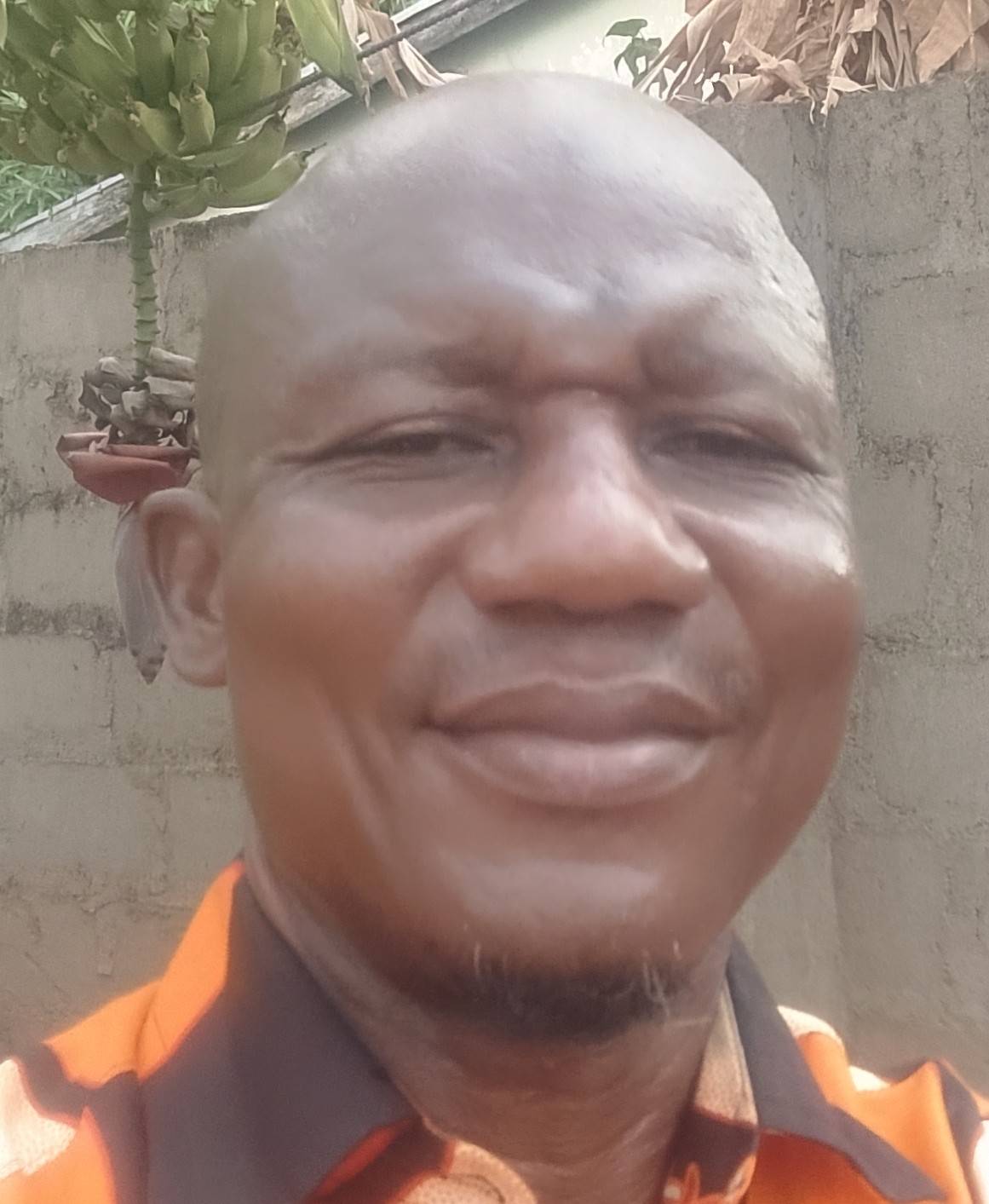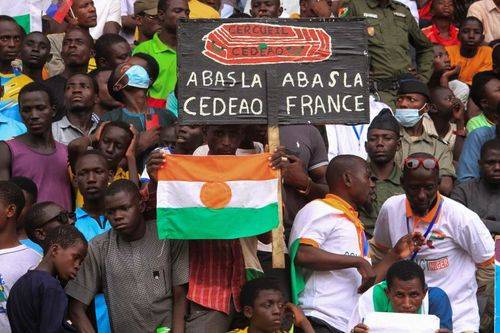ECOWAS Holds Emergency Meeting in Ghana to Mitigate Member Pull-Outs
In April 2025, the West African Community of States (ECOWAS) hosted an emergency summit in Accra, Ghana, in a bid to resolve one of the largest problems in the recent past of the bloc — the formal pull-out of three of its most critical member states: Mali, Niger, and Burkina Faso. These nations, all of which are currently governed by military juntas, last year announced their pulling out of ECOWAS due to dissatisfaction with the bloc's actions following recent coups and security issues within their borders.
The summit, which was chaired by Ghanaian President John Dramani Mahama, had leaders and diplomats from across the region gather. The main agenda was to strategize on how to keep unity in ECOWAS and address the broader implications of the withdrawal of the trio. The bloc that has long been an advocate for regional integration, democracy, and collective security is now at a crossroads.
ECOWAS Commission President Omar Alieu Touray underscored unity during the opening address. He reiterated the imperative of maintaining the focus of the organization to build peace, economic development, and cooperation among the member states. "We must maintain our focus on our core mandate, which is to safeguard our people and foster an environment where they can thrive," he told the gathering.
To the withdrawal notices, ECOWAS opened a six-month transition period, running until July 29, 2025. This was meant to offer room for diplomatic engagement and potential reconciliation. Senegal and Togo special envoys have been deployed to lead negotiations with Mali, Niger, and Burkina Faso's military leadership governments. These negotiations are part of a broader effort to encourage dialogue and to potentially reverse the decision to leave the bloc.
The exiting countries have lamented the perceived lack of support by ECOWAS in handling terrorism and domestic instability. They have also denounced the economic sanctions leveled against them after their respective military coups. In a significant move which illustrates the shift in regional alignments, the nations have established their own political and security bloc, the Alliance of Sahel States (AES), thereby seeking greater independence in regional affairs.
Despite the political stalemate, ECOWAS has acted to avert short-term economic and humanitarian costs. Malians, Nigeriens, and Burkinabes still have the right to travel visa-free in ECOWAS, and their membership in the ECOWAS Trade Liberalisation Scheme remains for the moment. These measures reflect the bloc's desire to separate political differences from people-to-people relations and economic cooperation.
As ECOWAS marks its 50th birthday, the time is at once crisis and opportunity. The Accra summit highlighted the requirement not merely to handle the temporary issue of withdrawals but also the structural reasons behind them — governance, security, and trust. The next few months will seal the fate of the region. Success in the talks has the potential to revive ECOWAS as a solid, cohesive bloc. Collapse, on the other hand, would signal the beginning of a fragmented and insecure West Africa.
While the diplomatic path is fraught with difficulty, the Accra summit showed a determined resolve among remaining ECOWAS members to hold on to the spirit of unity, even amidst growing adversity.




No comments yet
Be the first to share your thoughts!